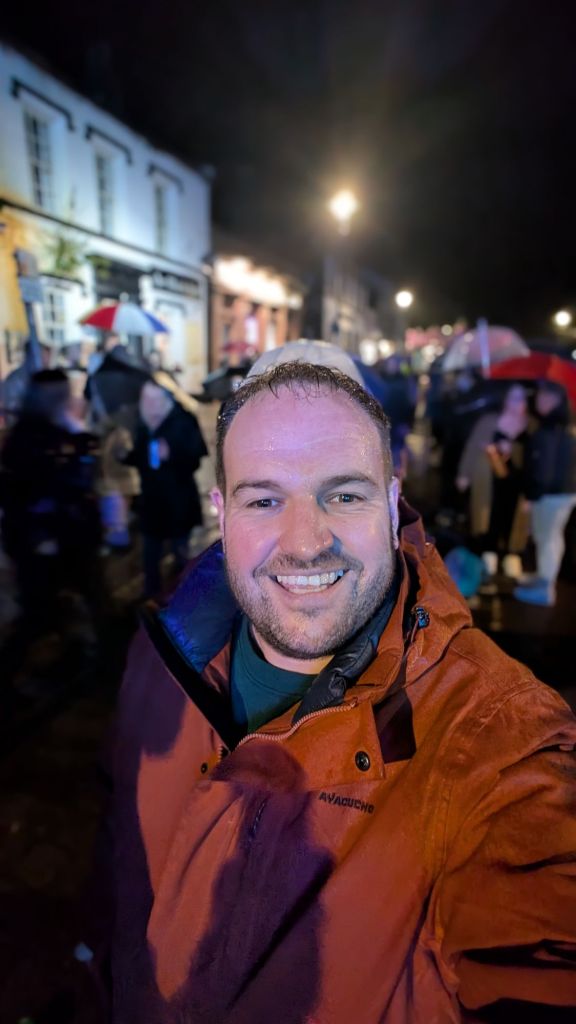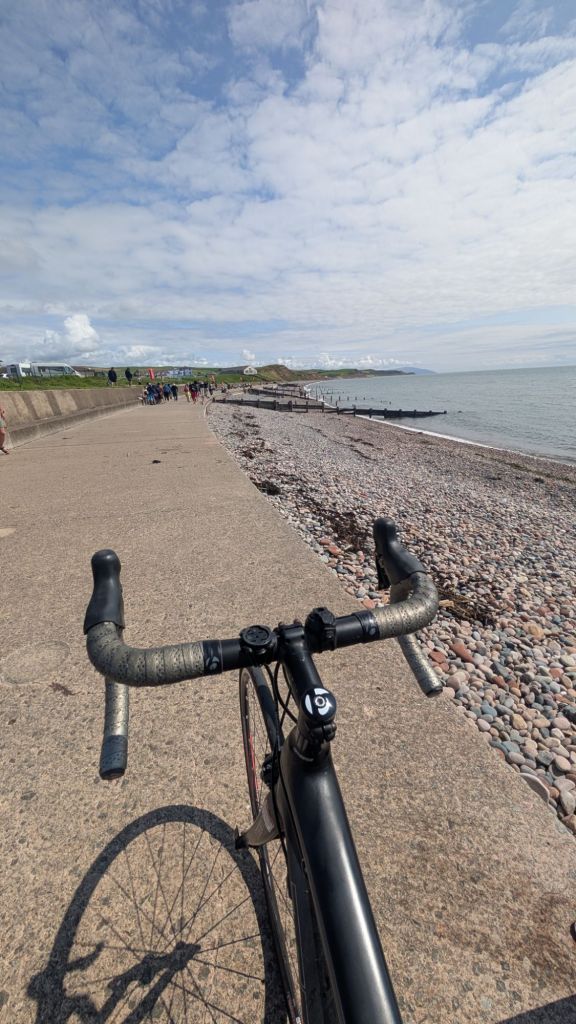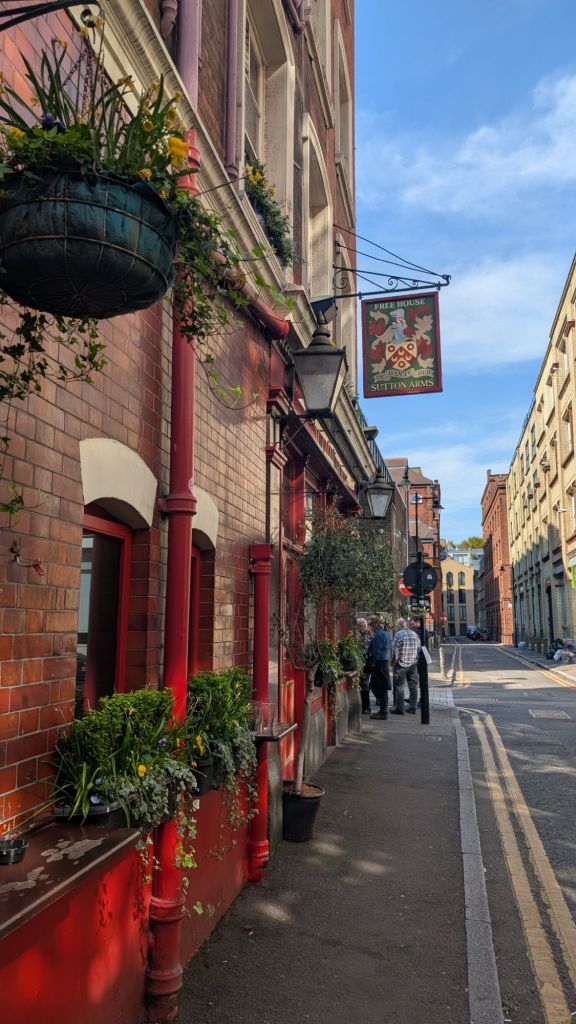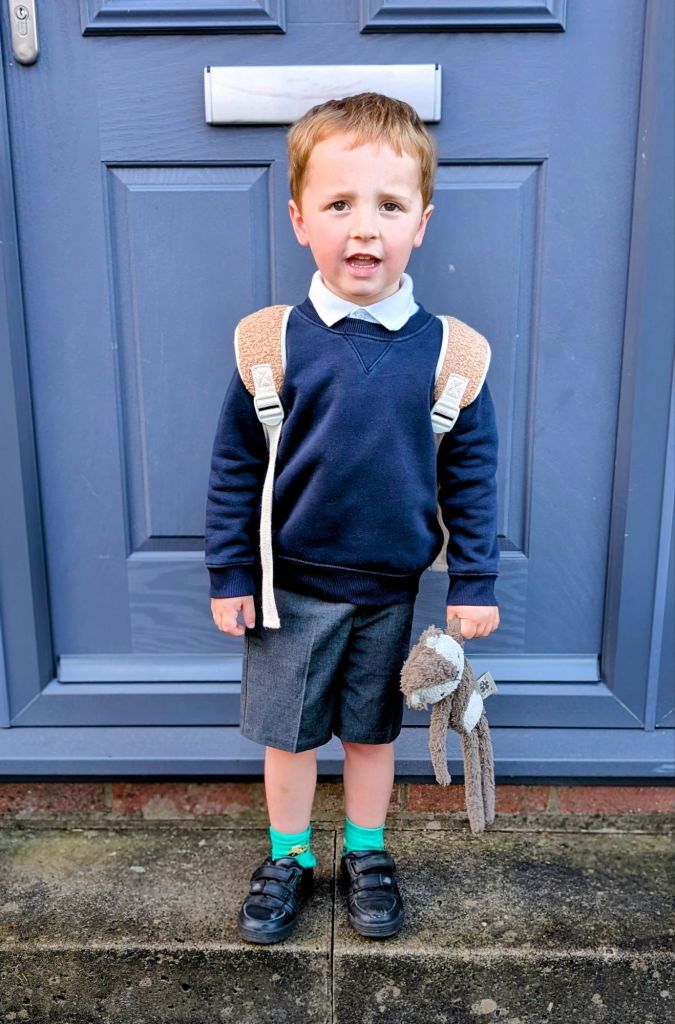It sure is.
It’s the law that you can’t post about International Men’s Day without mentioning Richard Herring.
But it’s telling that the need for Richard to inform men when International Men’s Day is has fallen away. People tend to know when the day is. They certainly know there is one. Thanks Richard.
Caregiving
This year, our Family Network has shared some communications about the role of dads and male care givers in the workplace.
As a father of a five year old son, I found this content incredibly relatable, especially given a recent change in my caring arrangements.
My partner Charlotte and I both work full time. This means, like so many parents, we have to juggle wrap care and school pick up and drop off times.
We’re lucky to have help from family members to support us and we both work in roles with some level of flexibility. In fact, we’re lucky that the school offers wrap care. When I was a governor there, a decade or so ago, the nursery was operated privately with no wrap options.
But it’s still a challenge.
Charlotte recently changed her working hours, and now works her full time hours over four days. This obviously means extended days, and late finishes.
As a result, if she’s at work, she can’t pick up Teddy.

Which means that on the days where it isn’t my mum, it’s my responsibility.
And the thing is, that’s both reasonable and manageable. It just means I need to be more prepared.
For years I haven’t really had a finish time. While we’re contracted until 16:20, I often stay a bit later. I have tended to choose my finish time based on when I complete a task and who else is still in the office to interact with.
But now, once or twice a week, I need to get to school before it closes. That means being a bit more organised with both where I am working and what time I finish.
Crucially, I need to remember to do this.
Roles and responsibilities
And this is where the link to International Men’s Day comes in. I’ve probably fallen, subconsciously (mostly) into the stereotypical position that it’s not my responsibility to worry about who is picking up Teddy.
How many times have you seen a TV drama where it’s the mum getting stressed out because they’re late for pick up? Or where the mum is the one calling grandparents or other mums to try and sort something out? Or even pleading, in desperation, for the father to help out on this occasion?
All Her Fault is on example on our screens right now (it is worth a watch, btw).
Why it matters
So why have I written this?
Well firstly, because I wanted to explore my thoughts.
But also because, on some level I probably acted like I didn’t want people to think I had caring responsibilities to manage. If I did, is that because I thought people would judge me in a way I wasn’t happy about?
But the reality is that I do. It doesn’t make me less able to do my job. Planning my day isn’t a sign of weakness, nor a lack of flexibility.
It’s perfectly possible to better manage my diary, and my time. Countless other people do it – regardless of their gender.
The reality is the world has changed. It’s rare you see families now when only one partner has to work. So that means that caring responsibilities need to be shared. They should be shared.
And to be honest, the joy and excitement when Teddy sees me arrive to pick him up from school more than makes up for any inconvenience.














